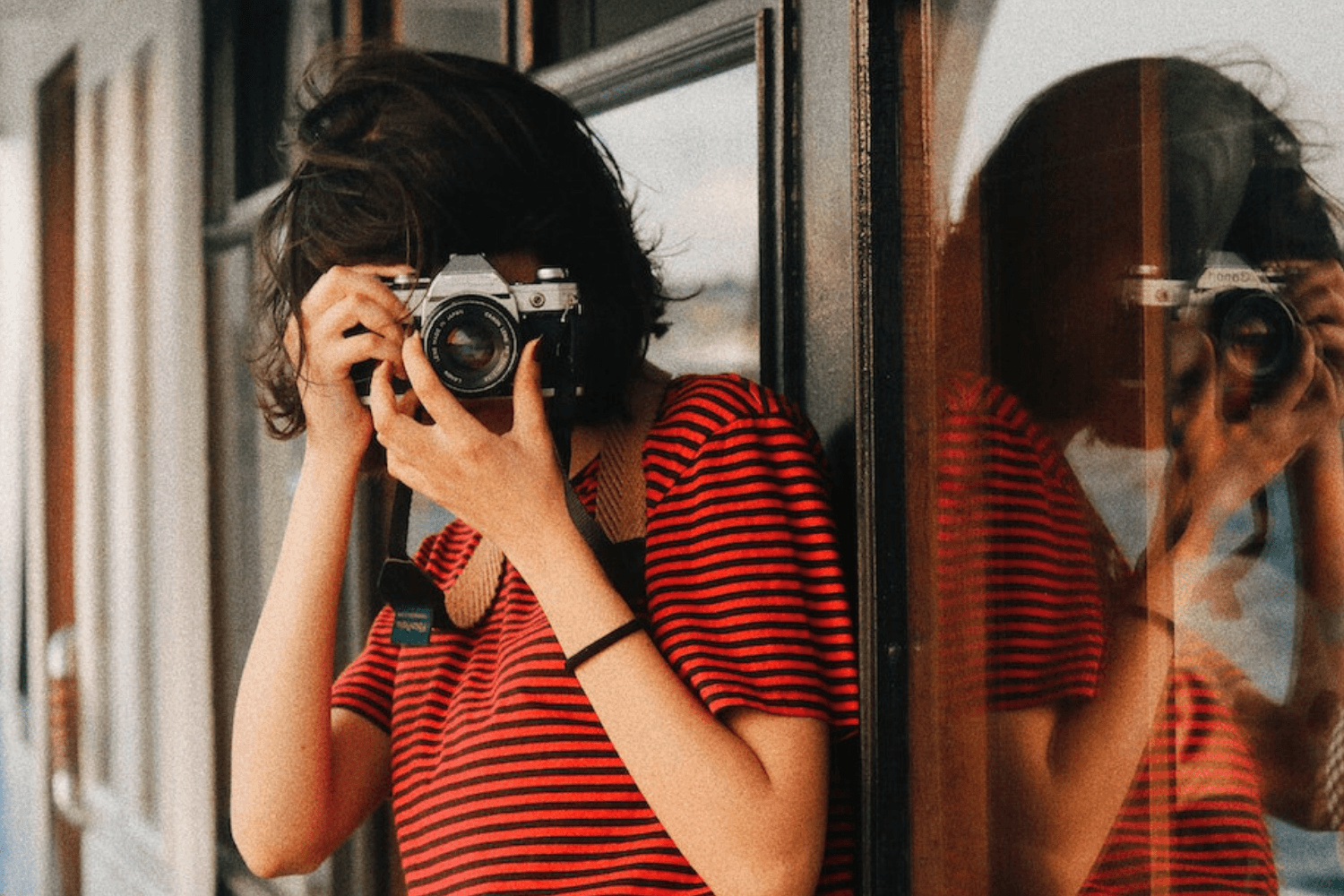The Great Megapixel Myth: Do Bigger Sensors Matter More?
Yvan Cohen
Wed Feb 12 2025
Photo by Farias Feijo Fotos
The Great Megapixel Myth: Do Bigger Sensors Matter More?
When Street Photography icon, Henri Cartier Bresson bought his first Leica, he didn't have to worry about the pixel count on his sensor, firmware updates, frame burst rates or wi-fi connectivity. And if his camera ever had a problem, it was easy to fix - with a screwdriver.
Oh, for the halcyon days of the mechanical era when, like diamonds, cameras were seemingly forever and megapixels weren't even a glint in an inventor's eye.
For today's generation of digital photographers, however, the camera has become a disposable piece of equipment that needs upgrading every few years…or does it?
Understanding the photography gear race
The rate of technological innovation and progress in digital cameras has been dizzying. Each year, camera companies compete to produce models with ever broader arrays of features and ever larger megapixel counts.
Let's face it, if you're serious about photography and dedicated to producing the best images possible, knowing there's a better camera on the market that would allow you to make bigger and more beautiful prints (if ever that day came), gnaws at the soul.
A year or so after the purchase of what was fleetingly your ideal picture taking machine and 'the best thing ever', you're already drooling over the specs of a newer model, bemoaning the shortfalls of your suddenly inadequate sensor.
Step back, take a deep breath, and ask if it has to be this way. Let's strip back our passion for photography to its essentials and ask if you really do need that bigger sensor, faster frame rate, quicker autofocus?
![]() Photo by Dan Cristian Pădureț
Photo by Dan Cristian Pădureț
In the gear race, there's no need to be at the front of the pack
For most of us, the honest answer is probably no. Remember the saying “the best camera is the one you have in your hand”? Photography, in essence, is not about technology. It's about composition, lighting, mood and moment. It's about learning a visual language so the camera becomes a means to a creative end, rather than the end in itself.
Put bluntly, you can pull together all the elements of a great image with just about any image taking device and, yes, that includes your mobile phone. In the end it's more about the software of your talent than the hardware in your hand.
Our job as photographers is to take great photos. Camera makers want to sell us stuff - that's their job. The secret, therefore, is to find an equilibrium, where you can see beyond the allure of the marketing spiel, to a place where your needs and your budget are met.
The truth about megapixels and image quality
Let's start off with the great megapixel myth. Camera makers would have us believe that the more megapixels, the better the picture.
One of the first things we ask each other when comparing cameras is “how many megapixels does yours have?”. The devil in the details, that few of us know, is that the size of a megapixel matters just as much as the quantity.
The experts point out that by increasing the number of pixels over the same surface area, the less light each individual pixel receives, which creates issues in low light conditions particularly when it comes to digital noise (which you tend to get more of with sensors that have more and smaller pixels). So in good light, a sensor with more megapixels is going to deliver more detail but in low light it might also generate more noise in your image. There's a play off.
![]() Photo by Gantas Vaičiulėnas
Photo by Gantas Vaičiulėnas
At the end of the day, the quality of your image also depends on your skill. As Camera guru Ken Rockwell notes “Sharpness depends more on your photographic skill than the number of megapixels.” And I can tell you, having edited tens of thousands of images, even photographers with the best gear deliver plenty of blurred images.
One point I would note is that sensor size, to my mind, is perhaps a more reliable guarantor of quality than pixel count. You can have tiny sensors, crammed with pixels that will never deliver the kind of quality you'll get from a full frame (35mm) sensor with a megapixel count of around 20 or so megapixels. The latest Huawei mobile phone camera with up to 50 megapixels will not deliver as good an image as a full frame sensor with half the megapixel count, especially in low light.
Your photography skill is what really matters
So here we are, tangled in technicalities when I had started out by saying that what matters most is your eye and how you compose and create an image with whatever picture taking device you happen to have to hand.
Sure, if you're a serious pro it's not a good idea to turn up to a shoot with a mobile phone but at the end of the day, the power of your images lies not in the manufacturer's spec list but in the recesses of your creative spirit. In fact, there are four pillars of photographic excellence to master which will help you improve more than a new camera will. Tap into that and your angst about gear will fade as the admirers of your work multiply.
Written by Yvan Cohen | Yvan has been a photojournalist for over 30 years. He's a co-founder of LightRocket and continues to shoot photo and video projects around Southeast Asia.
To read more helpful articles on photography, check out our blog page.
Join our growing photographer community at LightRocket and get powerful archive management and website building tools for free!


